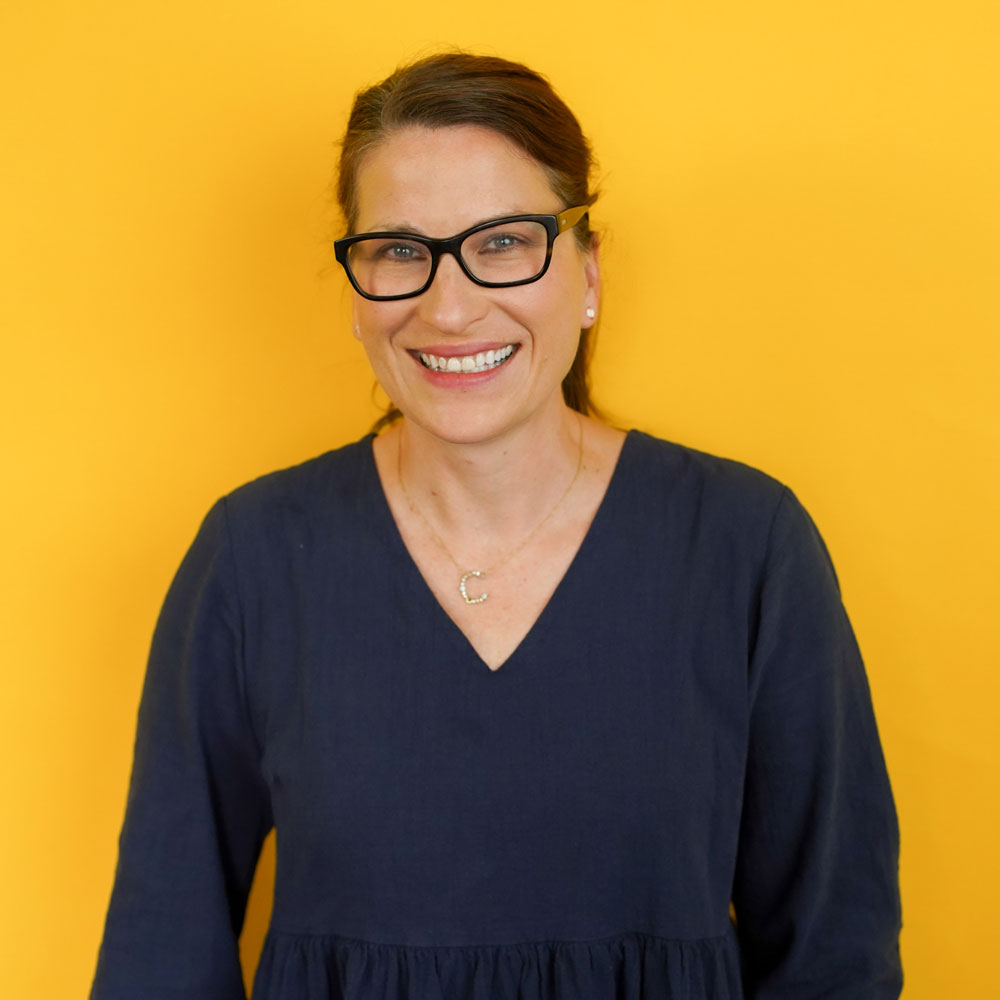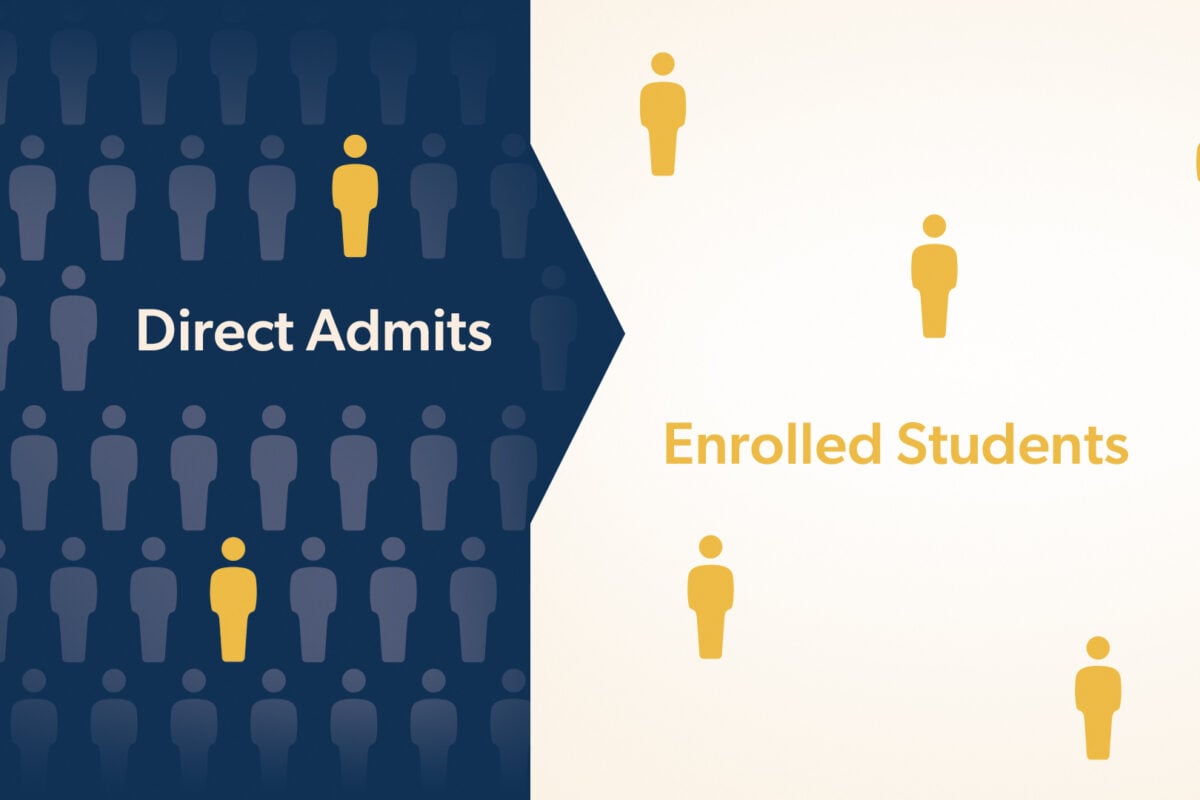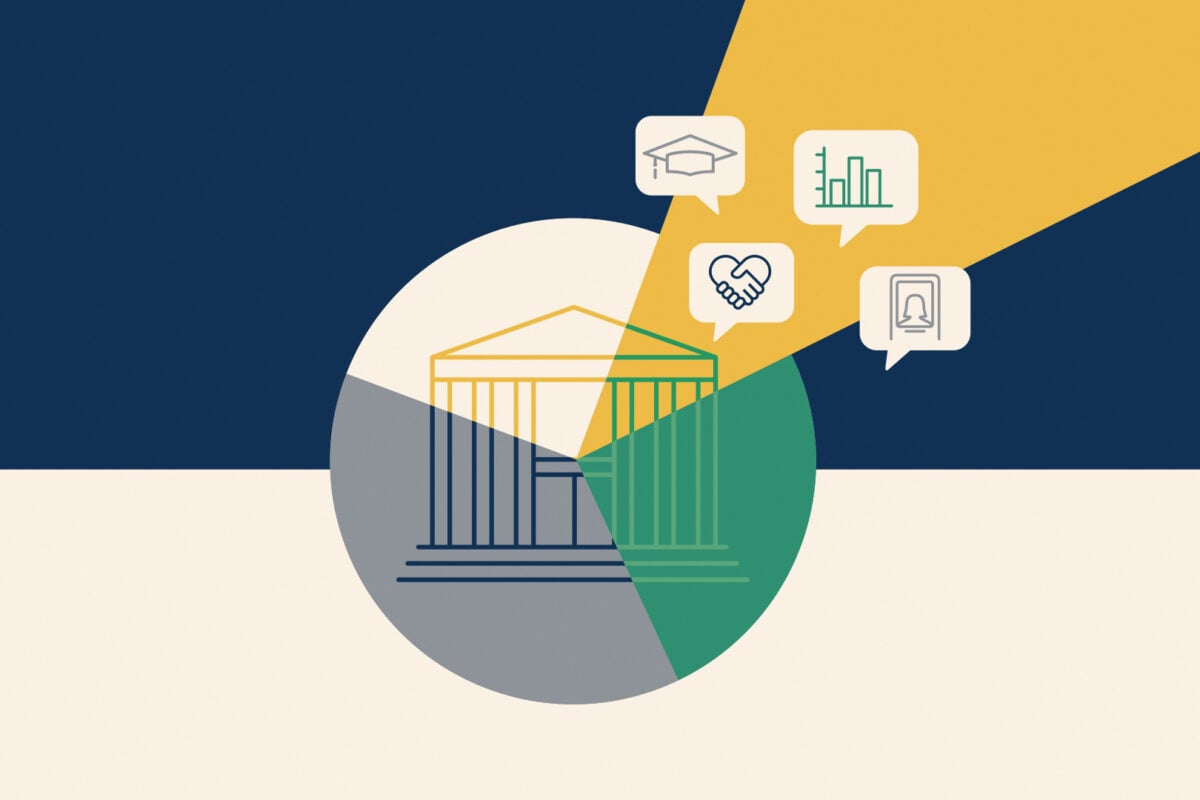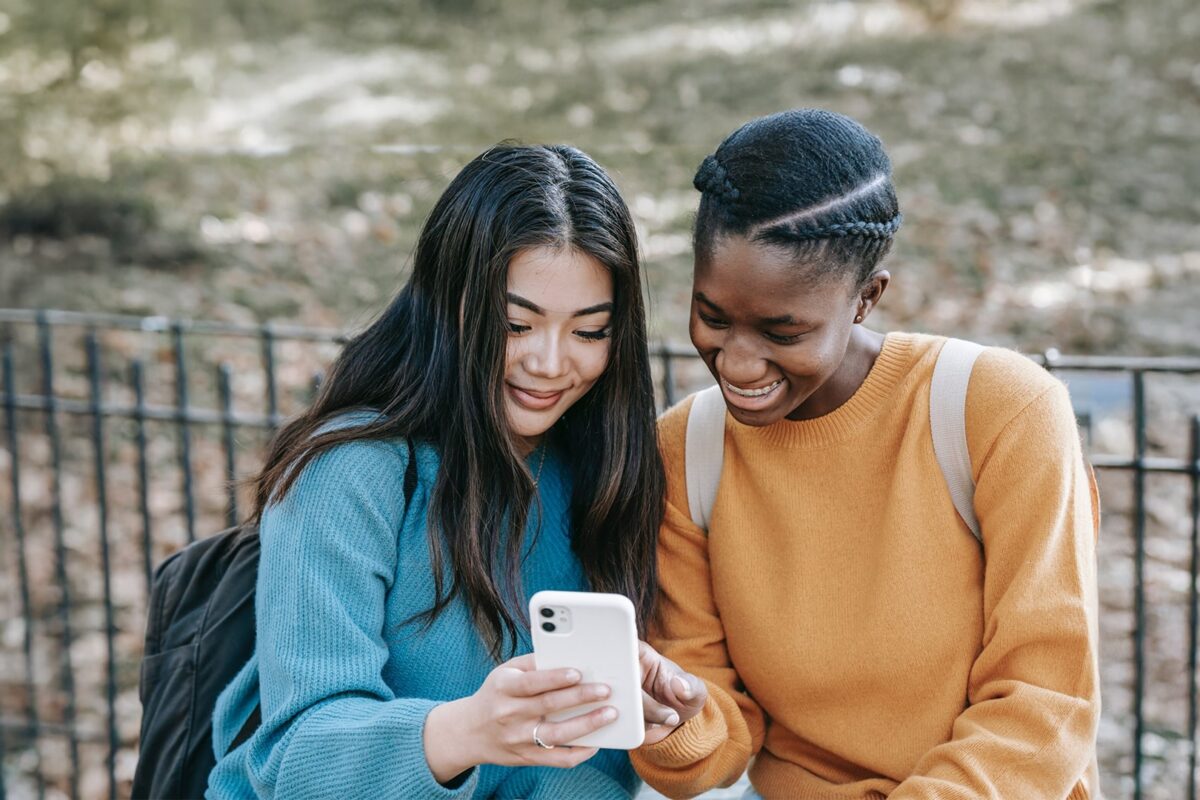Of all the ceremonies to celebrate, commencement is my favorite. For me, it’s about recognizing hard work, self-improvement, and belonging.
Now I’m learning that without that sense of belonging, commencement may not be possible.
When I earned my graduate degree from Rutgers University in Camden, I was grateful to have completed (and afforded) an excellent program while working full-time, but a big motivator for me was finally getting to experience a university commencement.
A death days before my undergraduate commencement meant the family traveling from Pennsylvania to New Hampshire was now there to take me home. There could be other commencements for me, not other grandfathers.
For my Rutgers graduation, large affairs meant challenges for disabled guests, like my father-in-law. Because I worked at the University, I could advocate for him and other guests, and like many higher ed institutions, they exist because people care for the greater good, but sometimes we miss the needs of some in the vast demands of the many.
I know I did. Commencement delivered me a powerful rite of passage and I still hear “Pop” cheering me on from a sea of hundreds. While Pop’s disability and the daily challenges he faced were more apparent to me, I was too focused on my own journey to consider the needs or challenges of the students around me. I felt like I belonged, so I didn’t really understand what it feels like not to.
Earning a college degree of any kind is a privilege. The barriers can mount even before the stress of the coursework begins, for many it’s financial, for others it could be feeling invisible during a time when you want to connect with your community to become your best self.
Not belonging is why 25% of students with disabilities drop out after their first year of college.
I remember this statistic because I heard it directly from Ryan Wilson, someone who puts his whole heart on LinkedIn pretty much every day. Why? Because his advocacy for the disabled community is advocacy for his own life.
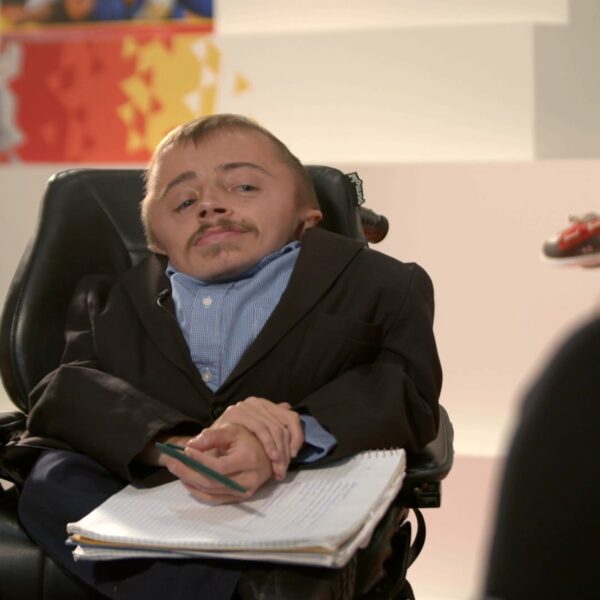
Ryan Wilson is the president of Team Trust Productions.
“I’m happy to write about the disability community, and I think the posts are gaining traction in higher ed,” Wilson confides. “I think it helps people gain a deeper understanding of persons with disabilities and myself.”
Wilson was born with Osteogenesis Imperfecta and has broken 50 to 60 bones. Most recently, in 2021, he fell out of his wheelchair and needed surgery immediately. While he almost did not survive the surgery, it opened his eyes to what his friends with disabilities needed and he elevated his company, Team Trust Productions, to help clients better understand the disability community through the creation of marketing communications, including through its free marketing guide.
Team Trust’s strategies and values are informed by Wilson’s lived experiences with a disability and his history of working with the U.S. Olympic and Paralympic Committee, the International Paralympic Committee, and the U.S. Olympic and Paralympic Museum.
Connecting with Wilson has led to Paskill, where I serve as agency marketing director, to develop a partnership with Team Trust Productions. We are hoping to collaborate on improving the college experience for disabled students, which often starts with how an institution represents belonging, diversity, and inclusion in its marketing.
While the approaching enrollment cliff is well documented, there are significant lessons to learn from the students here now. New York Times bestselling author Jeff Selingo writes, “currently about 20 million undergraduate students are enrolled in U.S. colleges and universities, but who they are differs more than at any other time in the history of American higher education.”
“Their differences in demographics, experience, and their mindset and motivations is one reason colleges are struggling to keep them engaged, enrolled, and eventually get them to graduation,” Selingo continues.
Wilson also points out that more kids are being born with disabilities and more adults are acquiring disabilities. “The pandemic, in fact, led to more persons with disabilities. So, the percentage of students with disabilities will increase, meaning more requests for things like accommodations and diversity in marketing,” he adds.
When it comes to learning more about the disability community, we have full trust in what Wilson has taught us so far.
“Consumers are demanding brands be more inclusive, and they are more willing to trust and buy from brands that show diversity in their ads. The disability community is crucial to your business’s success. Not only that, but the disability community can teach you a great deal about yourself, your body, and help you to see perspectives unlike your own.”

